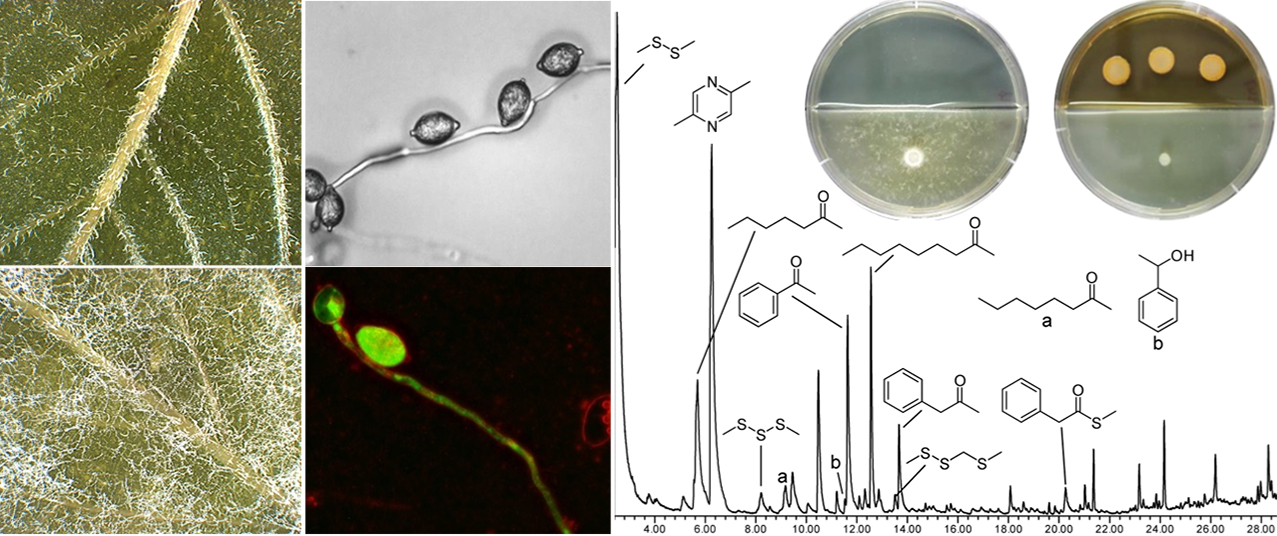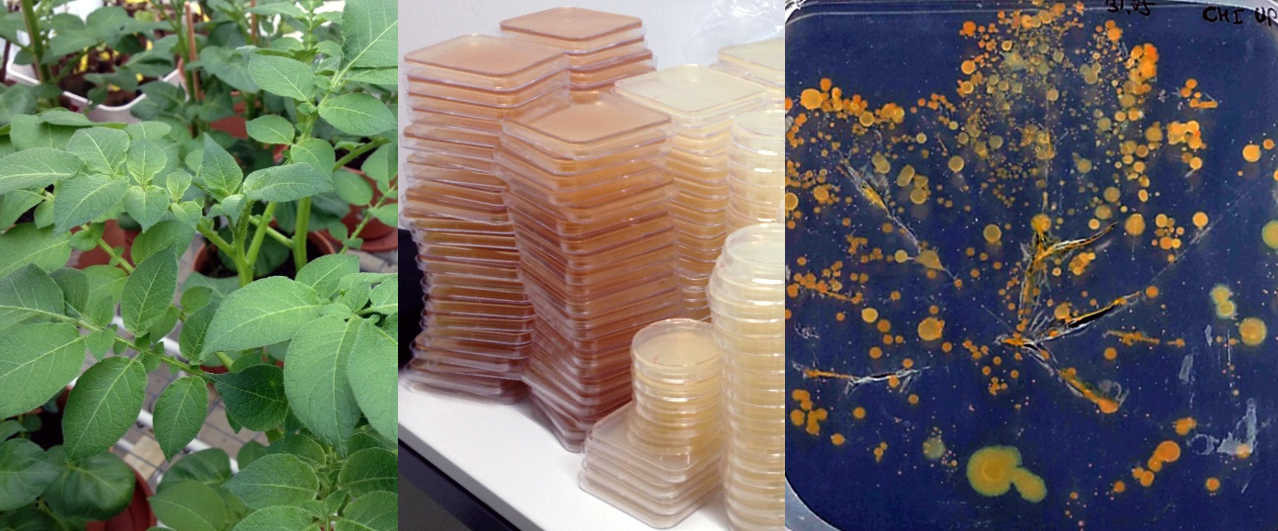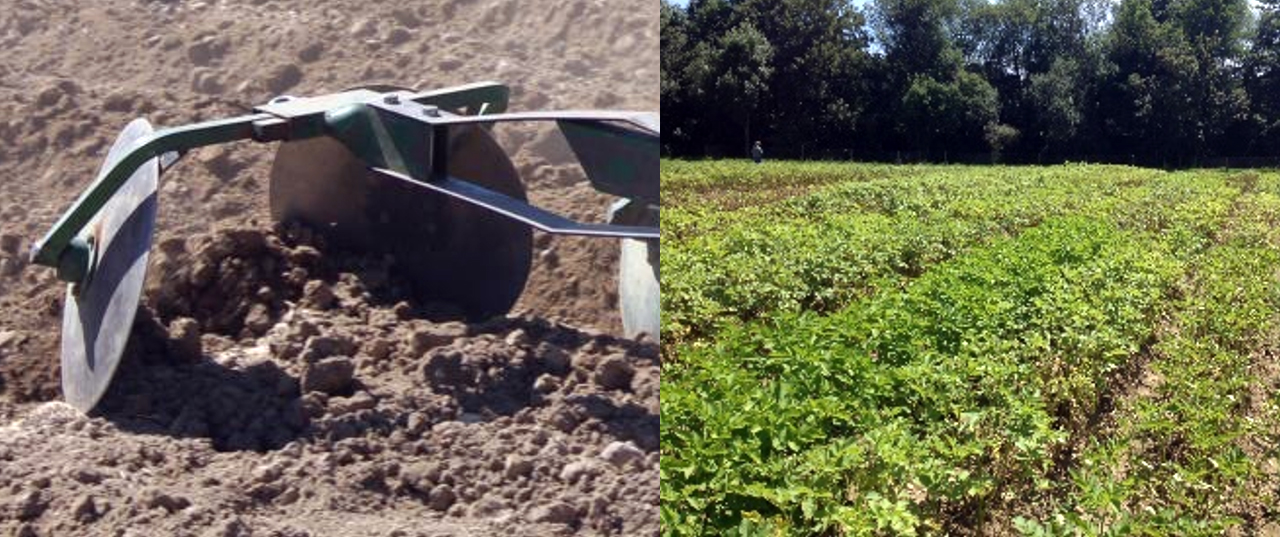Laure Weisskopf
Professor
PER 04 - 0.107
+41 26 300 8811
E-mail
Understanding how organisms communicate to establish mutualistic interactions is our main research interest.
We focus on plant-associated bacteria and study their ability to emit volatile compounds that protect plants against diseases. We work with well-established model plants like Arabidopsis thaliana, as well as with crops of agricultural relevance such as potato, tomato and grapevine. Our research spans from fundamental understanding of beneficial plant-microbe interactions to the application of the acquired knowledge for sustainable crop protection. The different research projects are oriented along the three axes described below.
Over the past decade, the significance of volatile compounds as mediators of bacterial interactions with plants and fungi has become evident. We aim at characterizing the volatile-mediated impact of bacteria on plants and phytopathogens, at identifying bioactive molecules, at analyzing the regulation of their emission by the bacteria and at elucidating their mode of action in the target organisms.

Like the human skin, plants are densely colonized by microbes both at the root and at the leaf level. However, the functions the plant-associated microflora performs for its host are still poorly understood. We aim at quantifying the relative contribution of host- vs. microbiome-encoded defenses against pathogens and at evaluating the potential of microbiome management to improve plant disease resistance.

Beyond our fascination for nature, we are also motivated by the idea that scientific discoveries can lead to useful applications. Our research provides new concepts, strains and molecules of potential interest for sustainable crop protection. After greenhouse trials, the most promising candidates are tested in real field conditions, in collaboration with partners from applied research institutes in Switzerland and abroad.

Professor
PER 04 - 0.107
+41 26 300 8811
E-mail